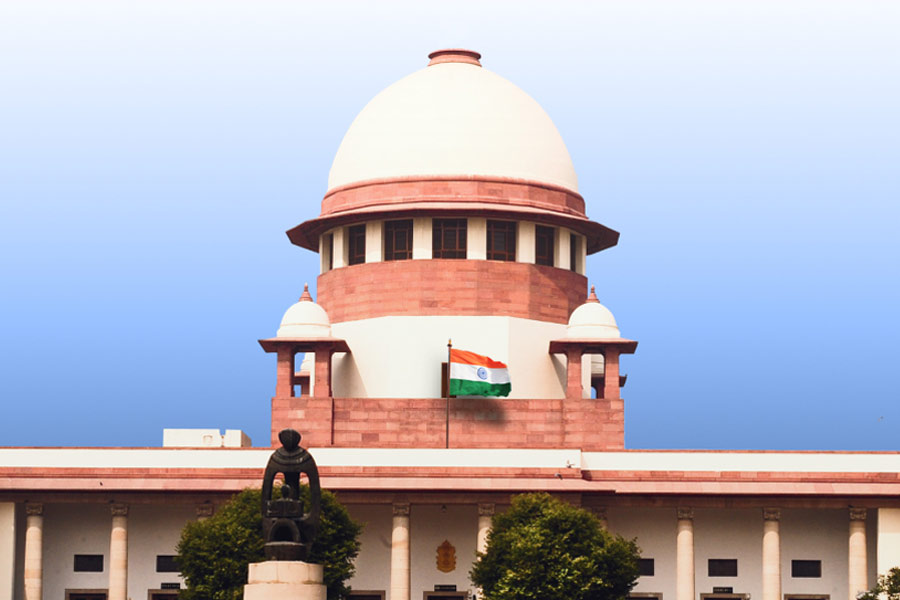The Supreme Court has held that preliminary inquiry is “not mandatory” for prosecuting public servants under the Prevention of Corruption Act, 1988, as it set aside a Karnataka High Court judgment which had quashed the corruption case against a state government employee.
Citing its earlier judgment in the State of Karnataka vs T.N. Sudhakar case and an earlier five-judge constitution bench ruling in the Lalita Kumari vs State of UP case, the apex court said that before registration of an FIR under the PC Act, the requisition of a preliminary inquiry is not mandatory to determine whether a case is made out or not.
“The necessity of a preliminary inquiry depends on the specific facts and circumstances of each case. For instance, corruption cases fall into a category where a preliminary inquiry ‘may be made’. The use of the term ‘may be made’ as noted in Lalita Kumari underscores that conducting such an inquiry is discretionary and not a mandatory obligation.
“Lalita Kumari (supra) noted that a preliminary inquiry was desirable in cases of alleged corruption, this does not vest a right in the accused to demand a preliminary inquiry. Whether the preliminary inquiry is required to be conducted or not will depend on the peculiar facts and circumstances of each case, and it cannot be said to be a mandatory requirement, in the absence of which, an FIR cannot be registered against the accused in corruption-related matters,” the bench said.
The court was dealing with an appeal filed by the Karnataka government challenging a high court order dated April 25, 2024, quashing the proceedings initiated by the state against its employee H.D. Channakeshava for offences under Section 13(1)(b) read with Section 13(2) of the 1988 Act in a case of disproportionate assets. The accused was an executive engineer at the Bangalore Electricity Supply Corporation.
The high court had come to the conclusion on Channakeshava’s plea that there had been a violation of the second proviso to Section 17 of the Act that mandates that an investigation cannot be done without the order of a police officer not below the rank of superintendent of police.
“This court has held that in matters of corruption, a preliminary enquiry, although desirable, is not mandatory. In a case where a superior officer, based on a detailed source report disclosing the commission of a cognisable offence, passes an order for registration of FIR, the requirement of preliminary inquiry can be relaxed,” it said.











